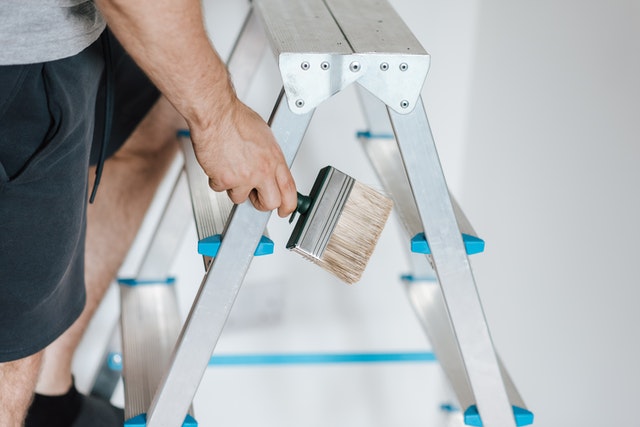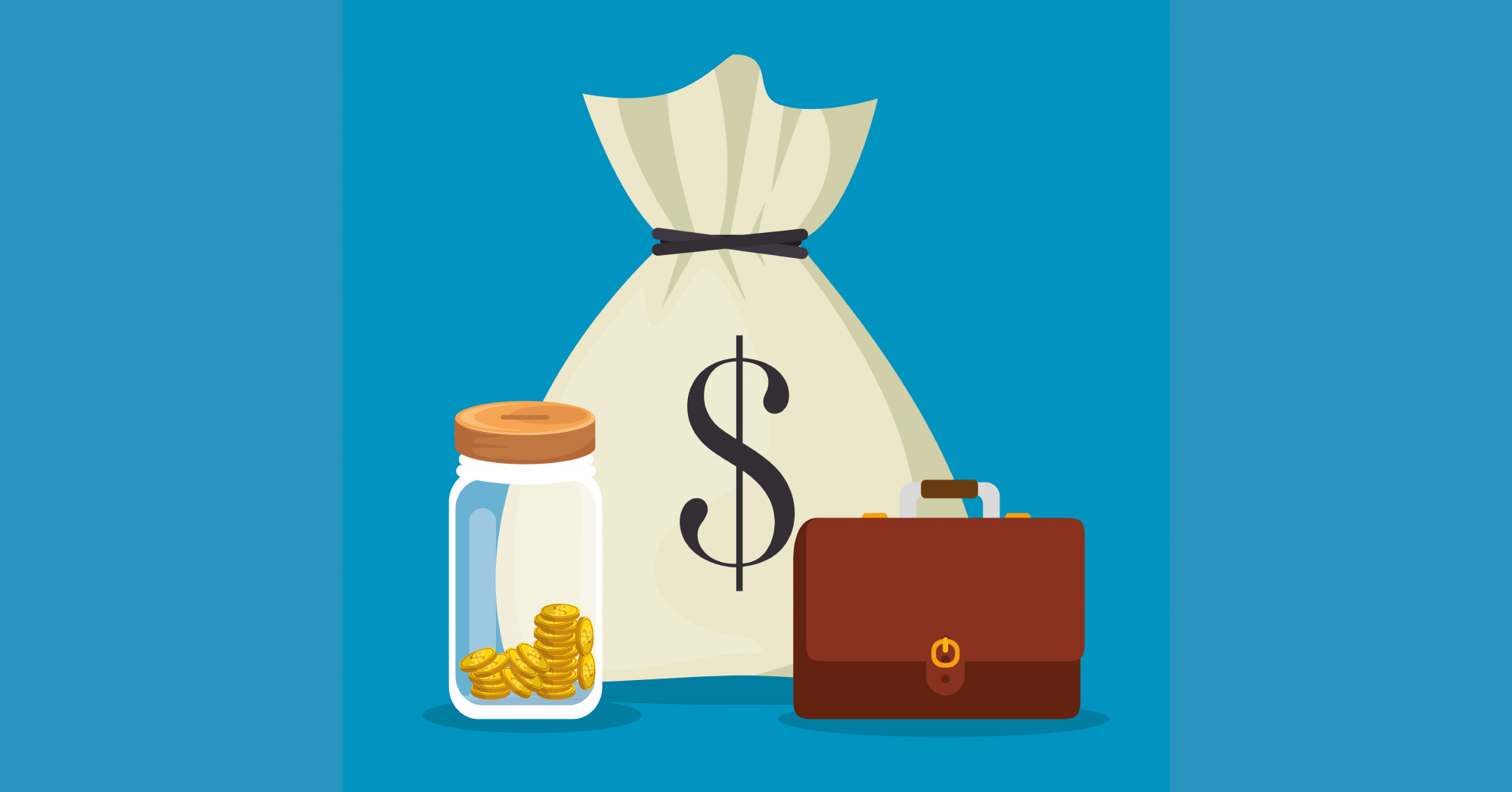You’ve probably heard that property investing has produced some of the world’s wealthiest investors. It’s one of the best ways to diversify your portfolio or even get started with investing using the funds you have. Therefore, investing in property is an excellent choice, but you need the proper knowledge to guide you and contribute to the investment’s success.
We’ve gathered most of the information you need in this article. Our discussions will include the best ways to find investment opportunities in property as a beginner, how it’s done, the pros and cons and more.
What is the best property investment for beginners?
There are several ways to invest in real estate, and this is one benefit of this investment option. Property investment can be very diverse and flexible. However, as a beginner, it’s important to weigh your options and choose only investment methods with low maintenance over those with high maintenance.
Here are the most common ways to invest in property when it’s your first time on the market.
Rental property
This is the traditional way of investing in real estate, also known as buy-to-let. You probably know how it works—you buy a property, find tenants, and gain income through their rental payments.
Still, it isn’t simple without the right information and tools to guide you.
With this investment property type, you can buy anything from a single-family house to a multi-family dwelling to a business property, warehouse, or vacation home. When you rent out the house, you can decide to oversee maintenance and everything in between as the landlord or hire a property manager to do this for you at a fee.
Aside from purchasing a home strictly to rent out, you can also choose to rent out part of your purchased property while still living in it as the landlord.
How can rental properties make you money?
You can make money from rental properties in two ways. The first is ongoing rental income, which involves charging tenants monthly payments that exceed your overall expenses to maintain the property.
The second is asset appreciation. Real estate generally increases in value over time, especially when it is properly maintained and the owner increases equity with mortgage payments.
What are the pros and cons of the buy-to-let method of investing in property?
Buy to let gives you flexibility as an investor. You can always sell the property if renting it out is no longer an option. You can enjoy regular passive rental income from the monthly cash flow of tenants’ payments. Also, owning a rental property gives you a long-term asset that can increase massively in its original value.
Just as there are advantages to love, investing in property via rentals has its disadvantages, too. It’s up to you to decide if they work for you as an investor looking at your first property.
Risks with rental property include not finding tenants quickly to produce rental income, property damages, maintenance costs, and loss of value. While the investment property market may be evergreen, a property can lose value because of factors like recession, location, lack of maintenance, etc.
Selling your asset later can be a hectic and long process. Selling property depends on several factors, and you will need help from real estate agents, which means fees and agreements.
Maintaining a rental property is like a full-time job. You are responsible for repairs, upgrades, insurance, taxes, tenant management, and more.
What should you consider before buying a rental property?
Do you have what it takes to be a landlord?
If you have had a landlord yourself who was in charge of overseeing his property, then you know what it’s like. For starters, some landlords become handypersons with skills to save on repair costs. If you prefer to always hire repair professionals, it might eat into your profit more than you would like.
You can also let a property manager oversee things for you, but this comes at a cost.
You could assemble a team of home professionals and use them across your properties.
It’s also good to know that if you don’t hire a property manager, you will learn quickly about the industry and gather experience.
Find a good rental property
You can’t just buy the first building you find on sale. To ensure your property investment is successful, you must find a good rental property. A good rental property is determined by other factors like location (local or distant areas) and positive cash flow, considering things like your mortgage payment, property management fee, property taxes (calculated monthly), repairs, insurance, and so on.
The type of property matters, too. For example, if you were to buy a vacation home, know that it will be vacant for most of the year.
Your target tenants
Who would you prefer to rent your property to? Different tenants include families, businesses, students, and more. Your target tenant goes hand in hand with your type of property.
Real estate investment trusts (REITs)

Moving on from rental properties, REITS is another beginner-friendly strategy for investing in property. They are even described as the easiest way to invest in real estate. REITs are companies that own and operate real estate properties like hospitals, warehouses, shopping centres, and residential buildings. They are publicly traded like a stock exchange, which makes them easily available to all investors.
There are different REITs to choose from on the market.
This property investment eliminates the need to own or operate physical investment property. By simply investing in REITs, you can enjoy high dividends, which makes REITs a common retirement investment option.
Risks with REITs depend on the type of REITs you invest in.
Not all REITs are publicly traded, so non-traded REITs can be difficult to sell or evaluate, thereby increasing their risks.
To invest in publicly traded REITs, you must have a brokerage account and buy through a brokerage firm.
How can REITs make you money?
Like when you buy property to rent – rental property strategies – there are two major ways to make money from REITs. The first is the high dividends paid on the shares you own. These dividends are often paid quarterly from the company’s income on the holdings.
The second is by selling your shares like assets at higher prices than you purchased.
What are the pros of buying REITs?
It’s easy to cash out or recover funds from REITs by simply selling your shares. It works like regular stocks, where you can sell quickly, make a profit, and recover capital as long as buyers are available.
REITs have a track record of excellent performance with high returns for investors.
Unlike many other property investing methods, REITs are easy to access for beginners and seasoned investors alike. You can purchase REIT shares on almost any investment platform.
It’s mostly stress-free since you won’t oversee properties, secure investment success, etc.
You can diversify within REITs. Since real estate investment trusts typically operate several different properties, you can also own a fraction of each of these real estate.
What are the cons of buying REITs?
REITs sound great to any new or experienced property investor, but as can be expected, no investment is truly without risks.
While you own a fraction of REIT’s holdings, you do not have a say in how the properties are operated or which properties are bought.
You gain no property investment experience from having REIT shares because you’re not hands-on with the investment.
The experience you gain is more like operating in stocks.
What to consider?
The right REIT company
Regardless of whether you are a wealthy individual or not, treading carefully is advisable when trying to invest in REITs.
It is advisable to always start with publicly traded REITs. This is because publicly traded REITs have to comply with the same financial disclosure rules as any other publicly traded company. This rule makes it easy for you to find any information you need about the company, which would hardly be the case for a private REIT.
In addition, stock analysts often rate publicly-traded REITs, giving you access to detailed analysis of public REITs at any of the major stock analysis outlets.
Flipping houses
When you flip a house, you purchase it in a not-so-good condition at below-market property prices, then renovate and sell it to an interested buyer at a much higher price.
House flipping is a common way for beginner and longtime property investors to invest in property. Similar situations are even represented in TV shows.
While it sounds easy to go the flipping house way, you must have a good grip on estimates and costs of the renovations alongside profits and how they all come to a final market price.
Flipping houses have a short-term window because as one home is renovated and sold to a final buyer, the investor moves on to find the next below-the-market property.
We’ve outlined the risks and benefits below.
How to make money flipping houses?

You can make money flipping houses through one major way: selling the flipped property at a higher amount for profit. The sales price will contain the amount at which you bought the home, the amount you spent on renovation, and a substantial profit.
There are also some risks.
You can’t hold on to a property too long, which will reduce your profits from the increasing mortgage.
The best way to avoid such a situation is to live in the house while you renovate it. But this isn’t a fool-proof strategy, as it depends on your lifestyle.
What are the pros and cons of flipping houses?
The benefits of flipping houses include:
- It’s a short-term commitment—that is if you prefer such investments. However, as explained above, there are risks of the home taking longer to renovate or sell.
- It gives you the hands-on experience you might desire for property investing.
- If you have home improvement skills, this method is the best investment for you. You’ll save the cost of hiring professionals and get things done yourself.
- The profit margins for flipped homes are quite impressive. You can gain thousands of dollars, although the exact figures vary widely.
The drawbacks are:
- Flipping houses may be the method with the most cons, but they are easily managed.
- Flipping properties requires time, expertise, and lots of labour. Hence, it’s not stress-free.
- There might be too many financial risks involved. You can easily spend more renovating than expected without a good handle on your estimates. Your money or capital is also stuck until you sell the property, which can present a problem for your first-time investment.
What to consider in flipping houses?
If you have the capital and can’t bear to do the work, you can partner with someone who can. You should also consider if the risks or cons work for you.
Real estate crowdfunding

Imagine being able to join other investors to pool funds to invest in property together. This is real estate crowdfunding.
The system is also referred to as a peer-to-peer lending service connecting individuals who want to invest in property with owners who eed funds.
Crowdfunding can be structured as either debt or equity financing. Debt investing means investing in a mortgage loan for property and receiving interest payments on the loan. Equity investing, on the other hand, is like other property investment options discussed earlier. Investors can invest directly in a property and have part ownership. This leads to receiving payments based on the income the real estate in question makes.
How to make money from crowdfunding?
There are 3 ways depending on the crowdfunding strategies used. One way is receiving regular interests or dividends from your share of the company through debt or equity. The interest could be paid quarterly.
Another way is to receive a portion of the profits from when the investment property is sold. You can also cash out from the system after a specific time defined by the crowdfunding arrangement.
What are the pros and cons of crowdfunding?
It is best for smaller funds/capital, as you can still invest in large real estate by joining other property investors.
Despite how it sounds, crowdfunding stands out from other methods of beginner investing by making it possible to analyze the details of each project and choose your best fit. So you can choose debt financing for the interests on funds or equity.
You will still gain some knowledge of loans and property investments.
The cons are that you can only cash out after a specified time, not within your control. Also, Unlike REITs, which have a track record of excellent performance, crowdfunding is relatively new and without decades of data to look at.
Final thoughts
Investing in your first property as a beginner can be easier than you think if you get it right. We’ve presented these options because it’s best to choose the easiest ways to invest in property while at the beginning stages. Most of these options require less capital to begin, which is another advantage.
As a beginner, seek more knowledge from a long-term property investor and build a team you can rely on. Develop or discover a tested strategy and stick to it.
Your team should include personal support like spouse and business partners, property manager if needed, CPA, an attorney specializing in real estate, home contractors, and even money lenders to help with costs.
Crowdestate is one of the very first real estate crowdfunding platforms, established in early 2014.
Start your real estate investment journey by signing up on Crowdestate to access a wide range of pre-vetted real estate investment projects.
Have questions about real estate crowdfunding? Here is our blog post about 7 things you should know about real estate crowdfunding.



